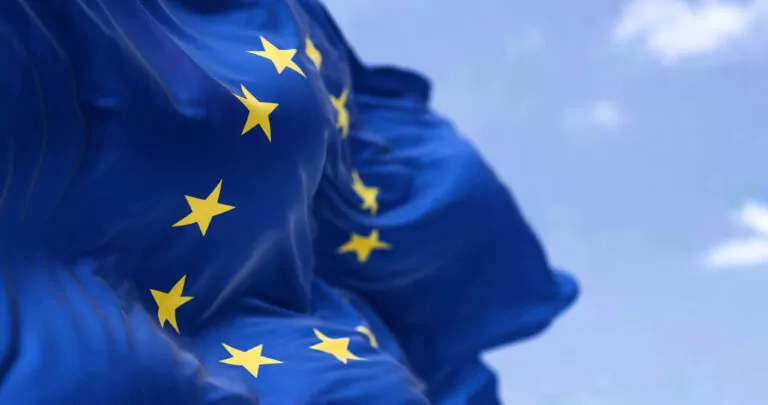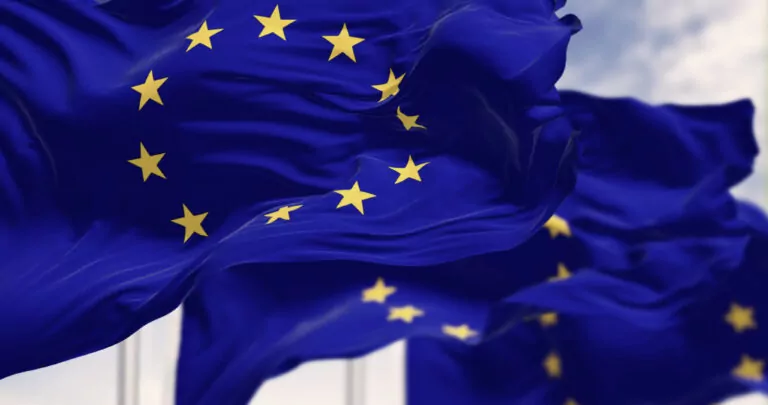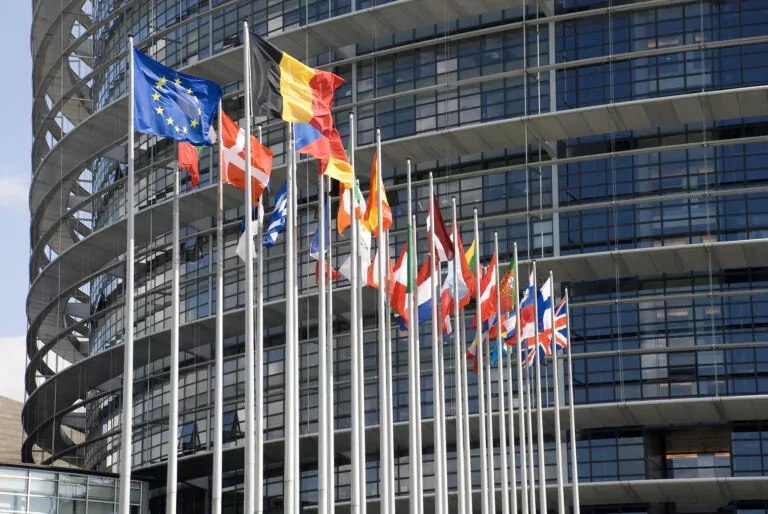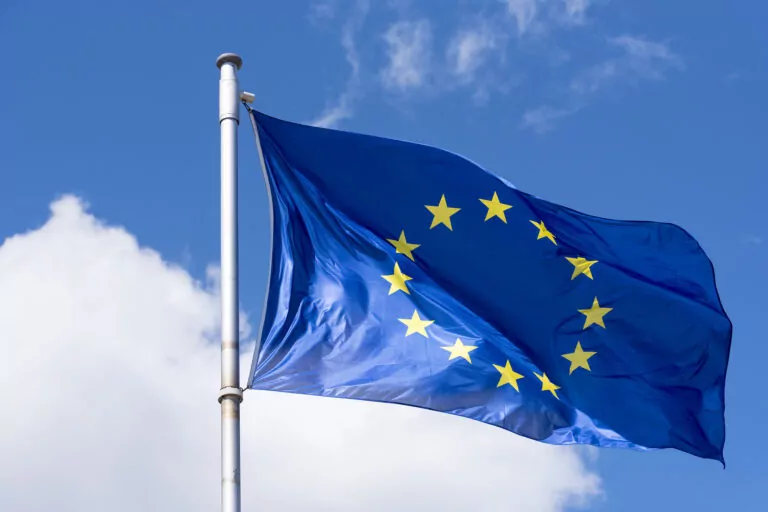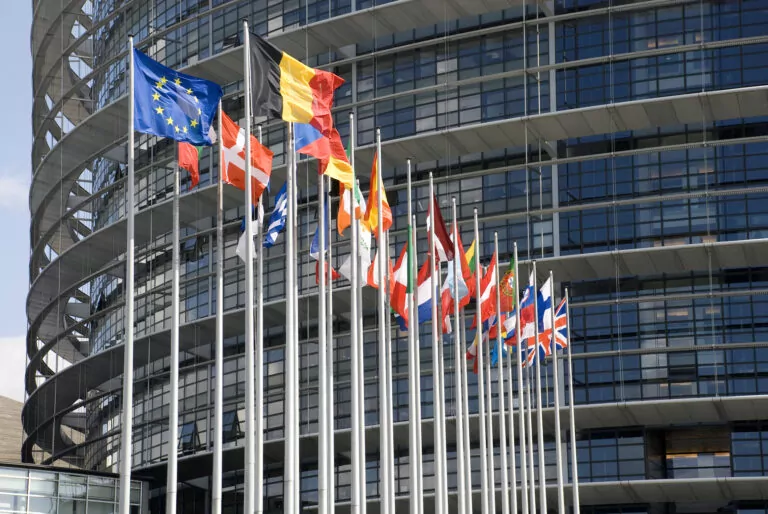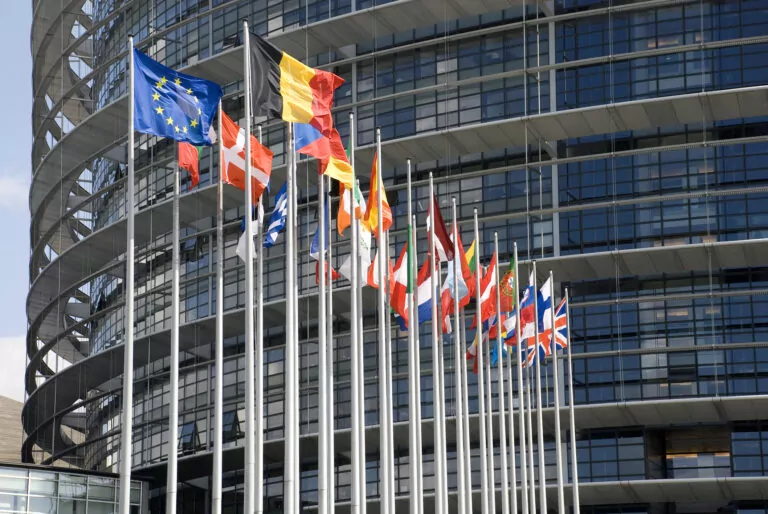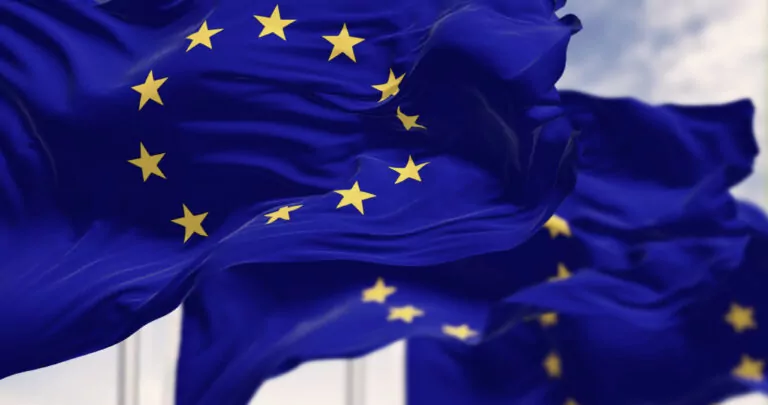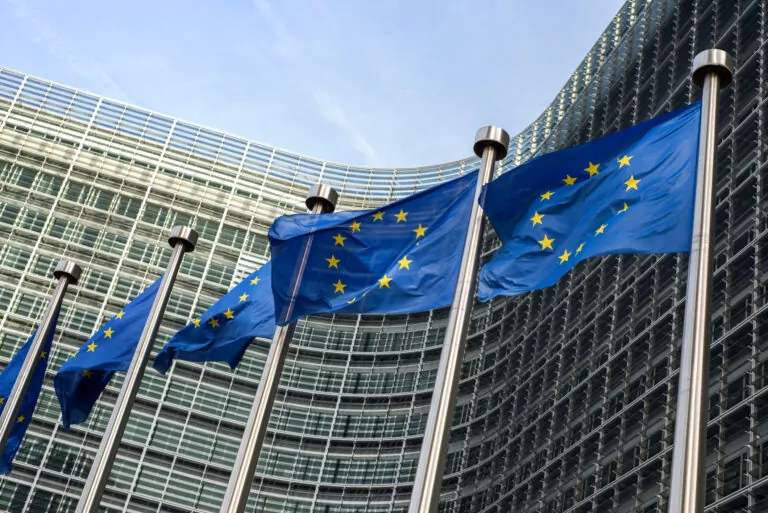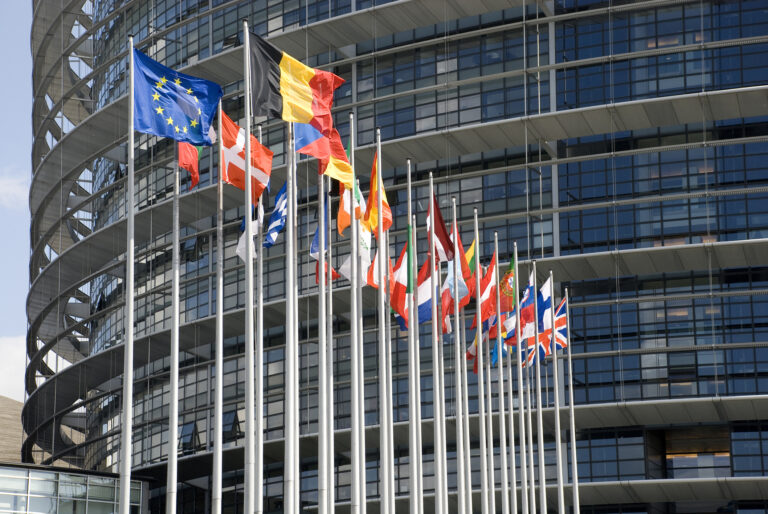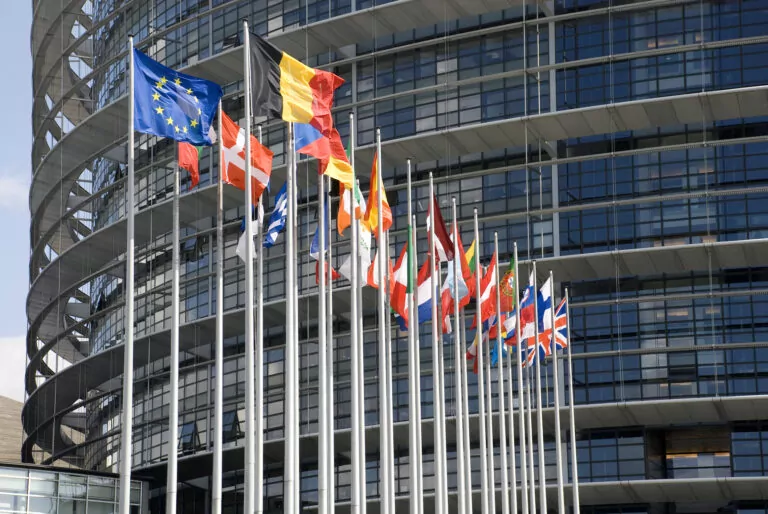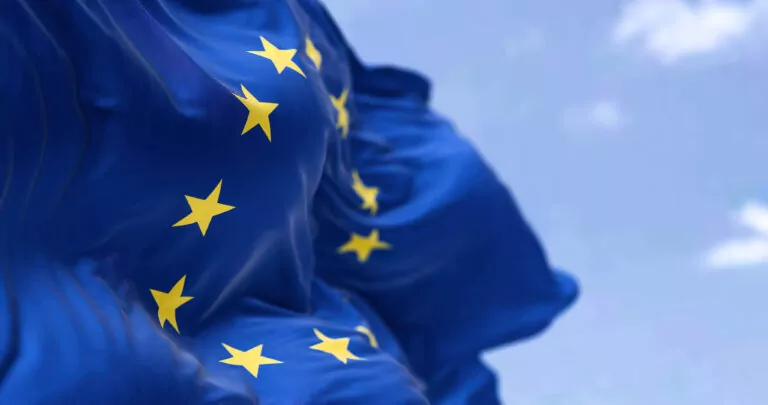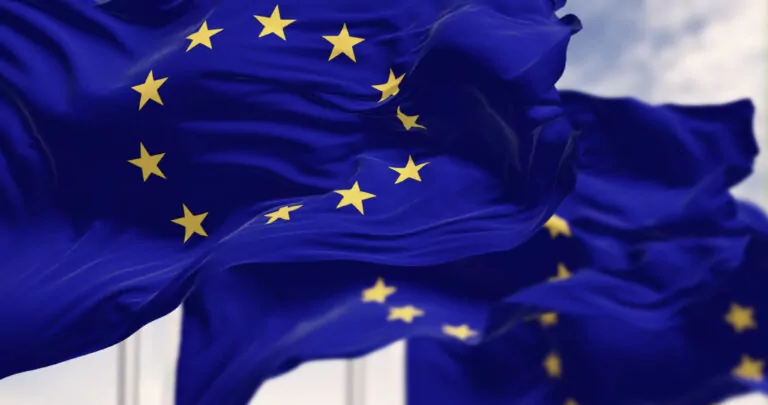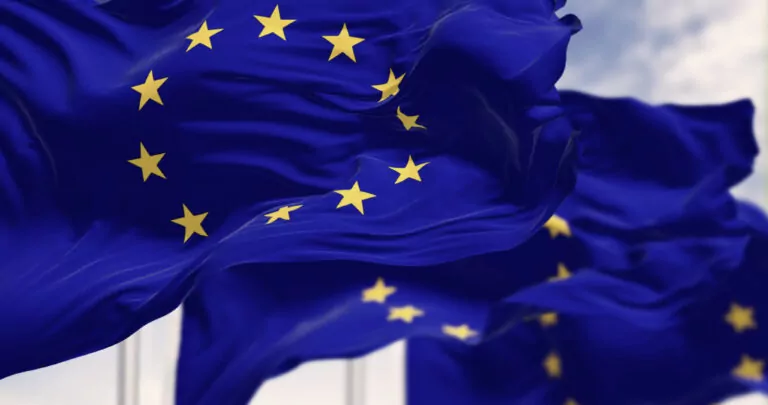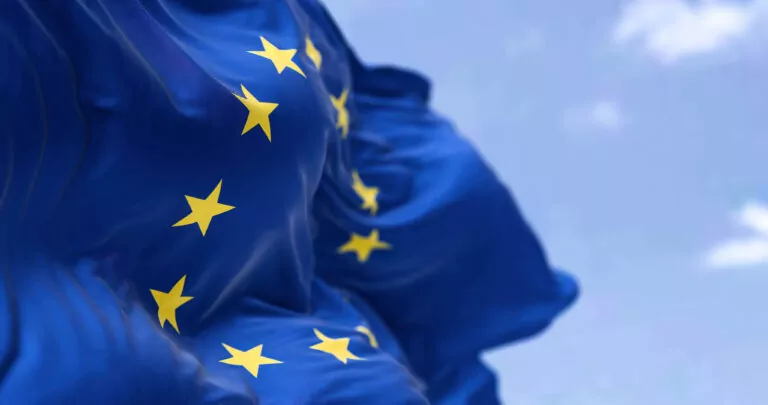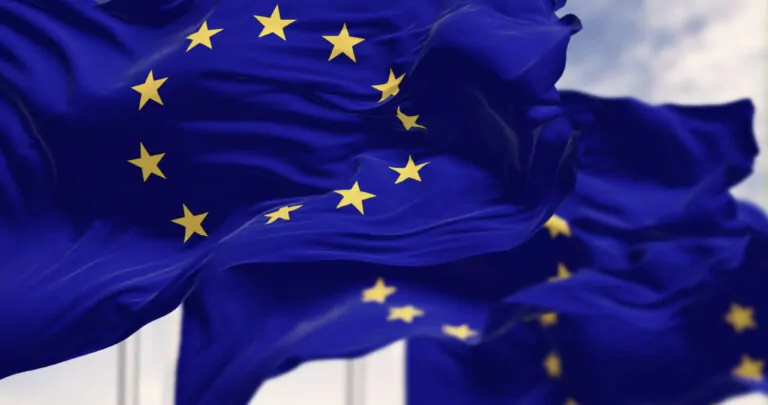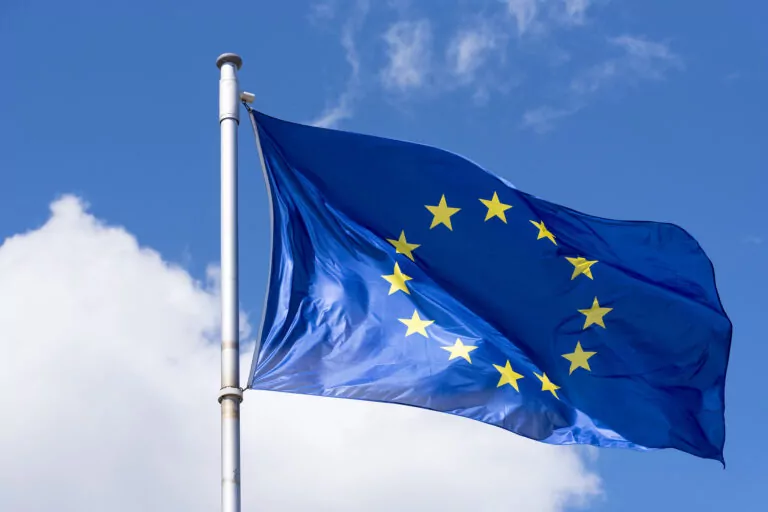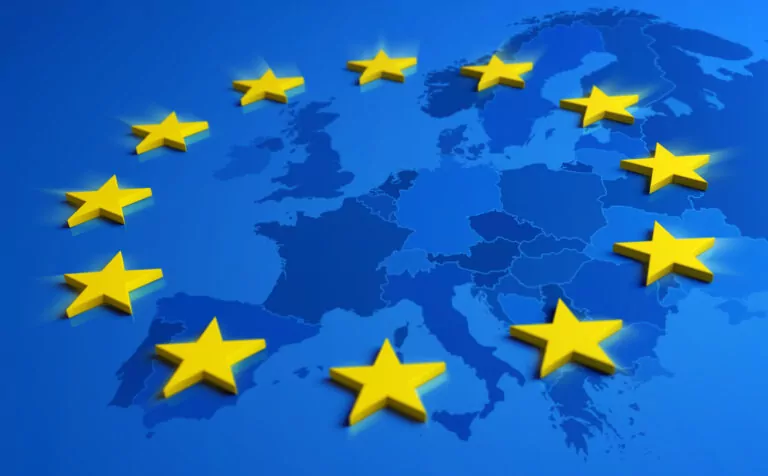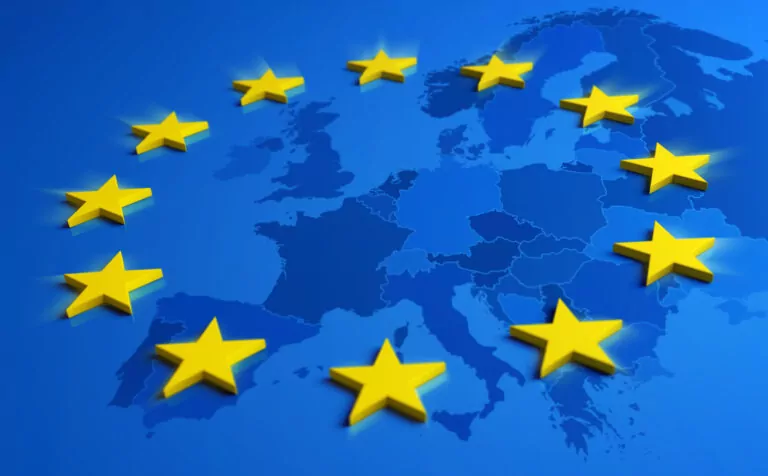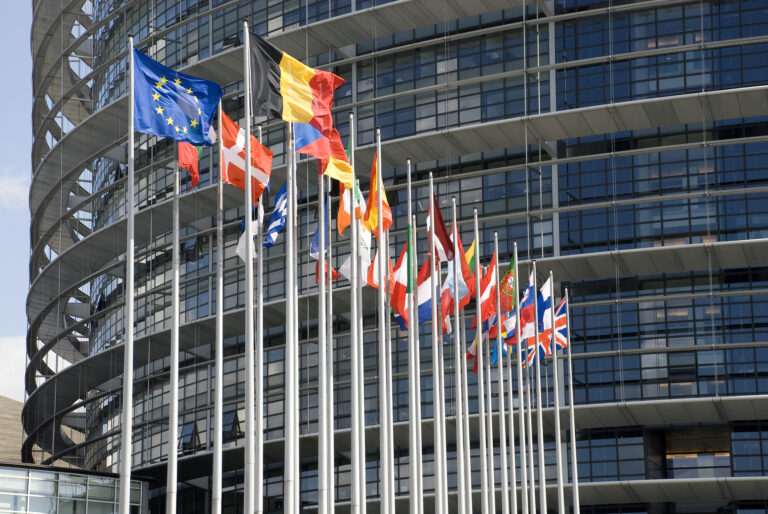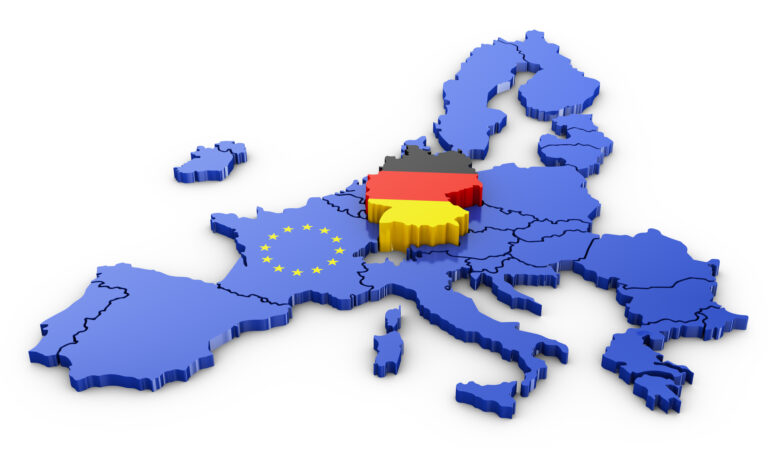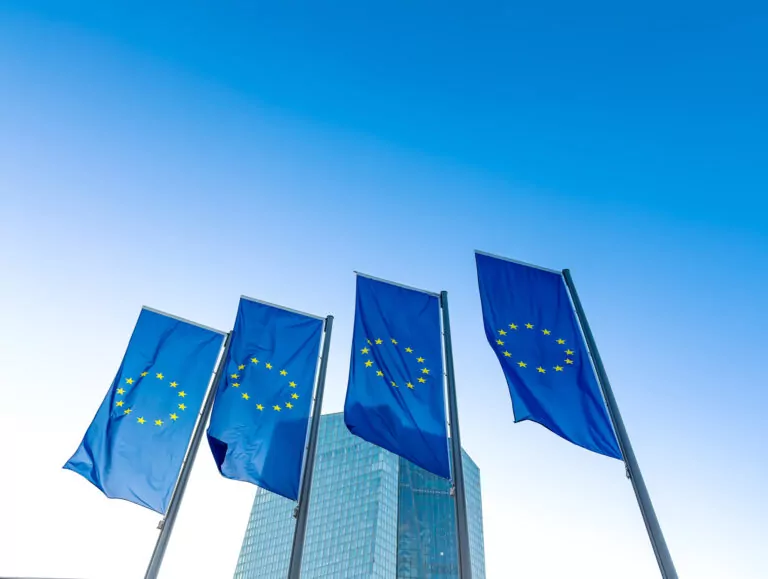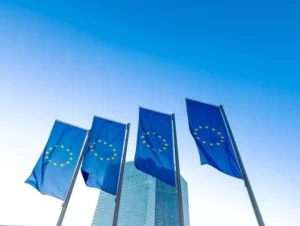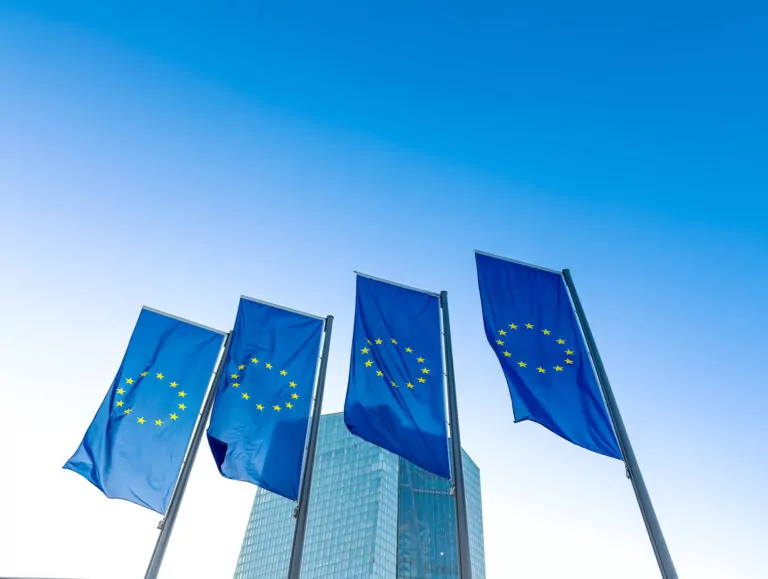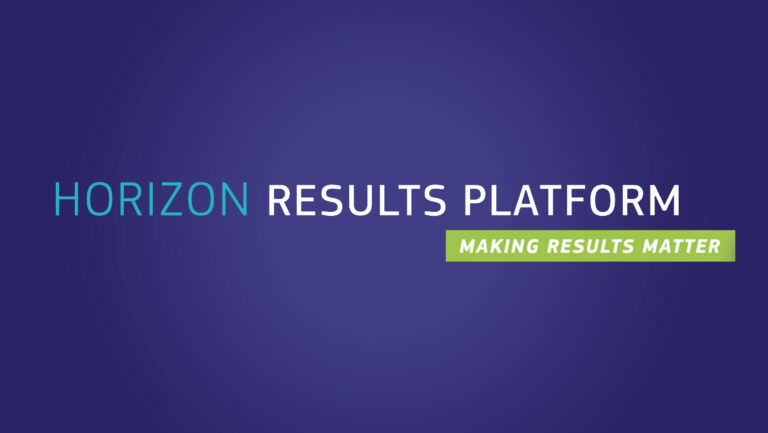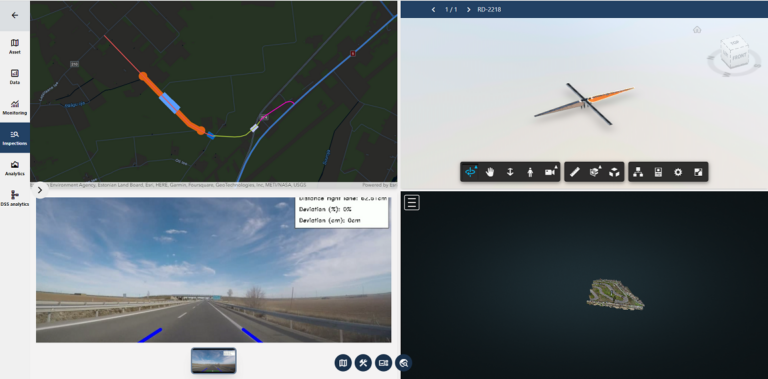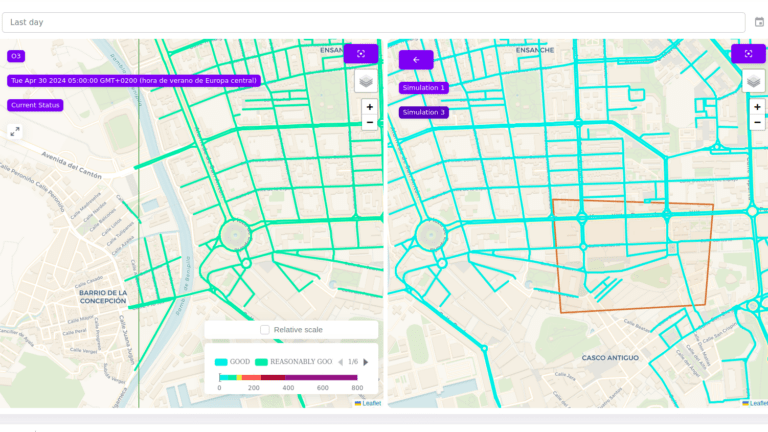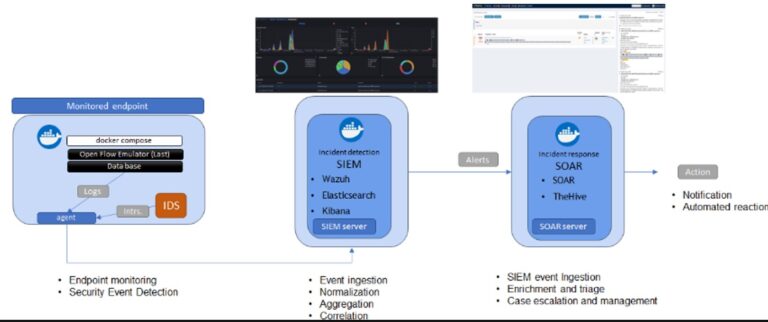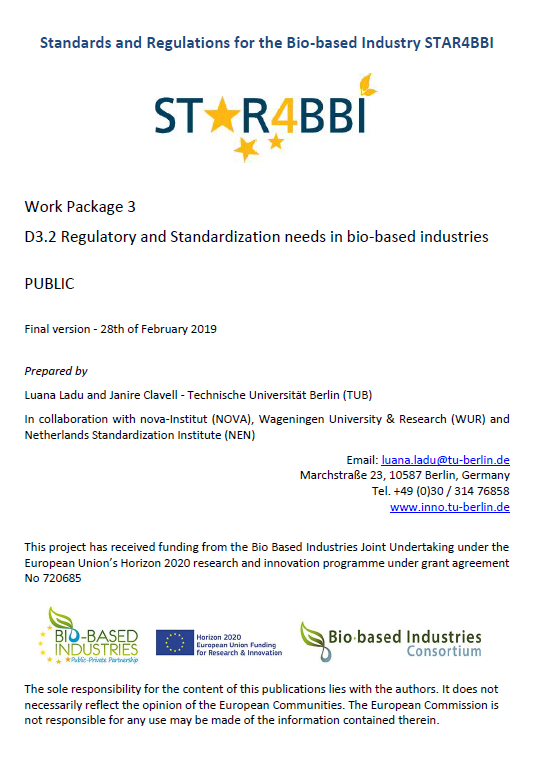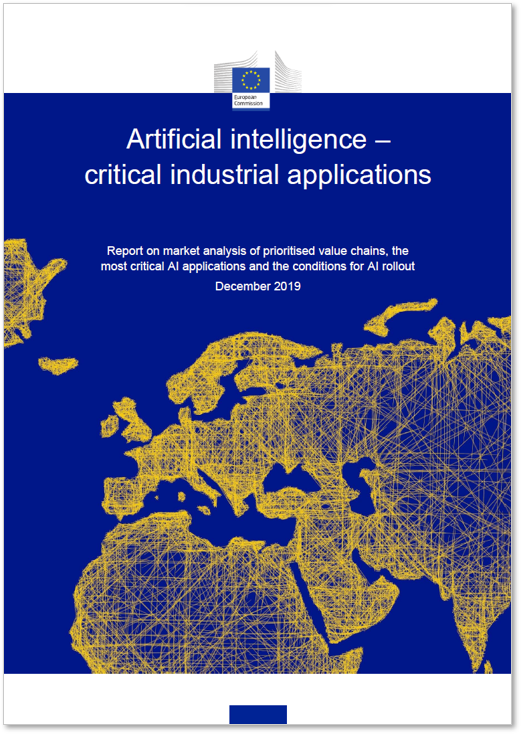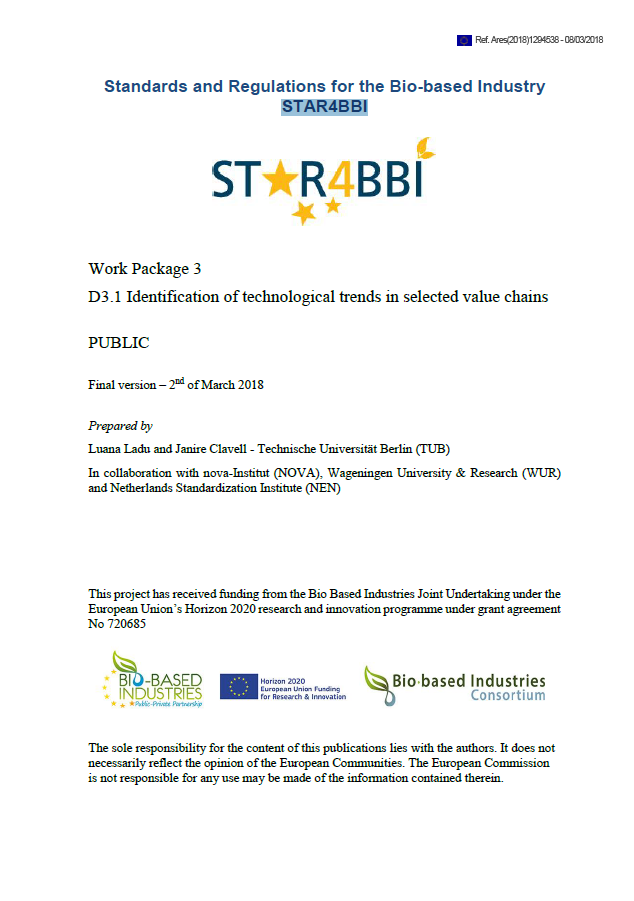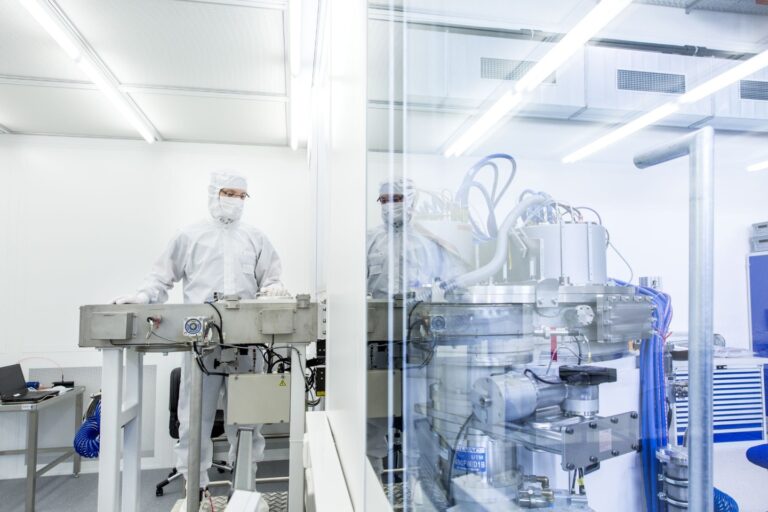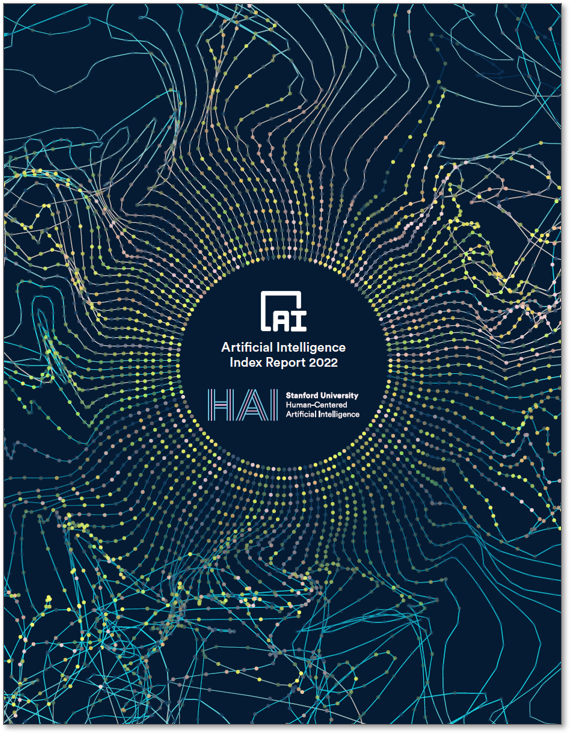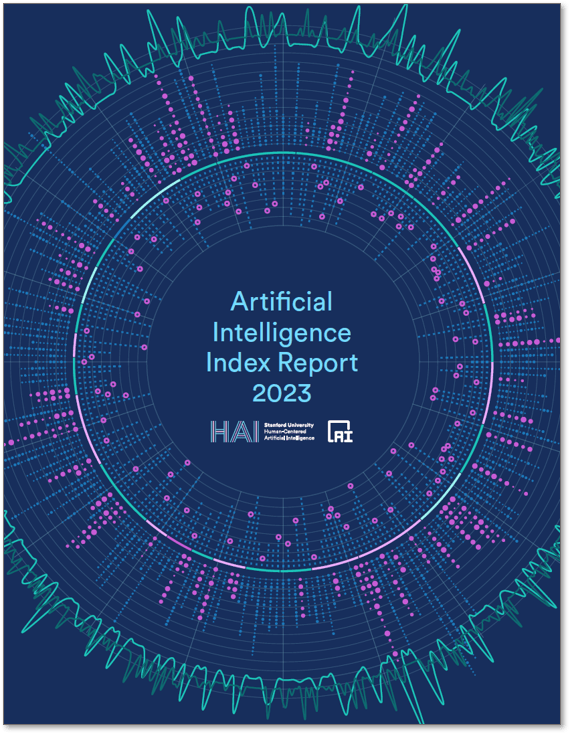Add to favorites:
Share:
Expected Outcome
Successful proposals should contribute to a clean, competitive and circular economy and sustainable bioeconomy, through the integration of digital solutions/AI, enabling the deployment of innovative circular and climate-neutral bio-based materials, processes and value chains with higher resource efficiency.
Project results are expected to contribute to all of the following expected outcomes:
- the sustainability, resilience and the strategic autonomy of the European bio-based industry is improved due to the unleashing the full potential of Artificial Intelligence (AI), digitalisation and IT solutions, supporting the bio-based innovation;
- the opportunities on more sustainable feedstocks, more productive and efficient industrial processes and operations, and products, including via increased circularity, biodegradability, and due to better understanding of the carbon removal potential of bio-based systems, are advanced and demonstrated;
- improved understanding of risks and benefits based on new inclusive assessment methods, taking on board advances on technical and social innovation level.
Scope
There is an unprecedented amount of data available in the bio-based sector today, among others, from the ever-growing ‘-omics’ technologies and integration of sensors and the Internet of Things (IoT) devices. Big data and analytics solutions allow bio-based actors, in particular, the bio-based industry, but also other R&I and civil society stakeholders, to tap into this wealth of data to drive innovation and sustainability. Operators already use the bioinformatics solutions but there is still much potential to explore undiscovered bio-based systems, improve processes and develop cleaner solutions (e.g. see parallel topics HORIZON-CL6-2025-01-CIRCBIO-14: Bioprospecting of marine natural products in the omics & artificial intelligence era, and HORIZON-CL6-2025-01-CIRCBIO-08: Bioprospecting and optimized production of the terrestrial natural products: new opportunities for bio-based sectors).
AI enables also the bio-based operators to automate a wide range of processes, helping them scale up their operations. Using AI image analysis or leveraging deep learning can be used to analyse microbiomes, screen phenotypes, and develop rapid diagnostics in a vast range of applications. Use of AI to predict best metabolic pathways for biosynthesis, optimize/engineer enzymatic activities, and virtually test several variables can speed up bioprocesses’ development, while helping to reduce costs and deliver novel molecules for the market. Also, streamlining biorefineries with AI can led to several levels of productivity gains. Moreover, systemic and integrated modelling approaches can optimise the rational deployment of bio-based value chains.
The action will first, explore the potential of AI and other digital technologies and tools in the bio-based sector and, next, focus on developing new capacities, high-quality tools and algorithms of AI and other digital technologies and tools to be demonstrated for the most promising (in terms of impact on environmental sustainability and competitiveness) applications of this sector. In this context, the concept of a ‘digital twin’[1] could be explored. Generative artificial intelligence is in scope, if relevant to the proposed concept.
In line with the current definition of the EU bioeconomy strategy, health biotechnology sector is not in scope.
The scope covers all relevant aspects of the contribution of AI/digital methodologies and tools capable of delivering the high sustainability gains (resource efficiency, circularity, climate neutrality etc), as well as enhance the European industrial competitiveness (in particular in regard to improved quality of bio-based products, strategic autonomy, resilience and role of innovative SMEs). The proposals should demonstrate the upscaling from the current potential, align it to parallel actions on AI and other digital technologies and tools (e.g. database development, predictive capacities, EU-level initiatives (e.g. EU AI Act, Biotechnology and Biomanufacturing Initiative), and incorporate the systematic assessment of the risks and opportunities for the sector.
Multi-actor Approach (MAA) and social innovation are encouraged, especially to address the societal concerns and perceptions on the role of AI in the bio-based innovation and broader bioeconomy (e.g., impacts on skills and job opportunities/risks). All relevant stakeholders and value chain actors are in scope. Links to the Circular Bio-based Europe Joint Undertaking (CBE JU) operations are strongly encouraged. Proposals should also consider citizens engagement and dialogue, for seeking wider input and support, and encourage social innovation approaches.
Proposals should take into account the findings of the Global Resources Outlook 2024 of the International Resource Panel. Any risks to the ecosystems should be assessed and minimised, along the application of the Do-No-Significant-Harm (DNSH) principle.
The action will serve to develop guidelines for the policy makers, industry and civil society, in an inclusive co-creation process.
Proposals should include a task dedicated to sharing methodologies and findings with projects funded under this topic and with similar recent or ongoing projects.
Proposals should leverage the data and services available through European Research Infrastructures federated under the European Open Science Cloud, as well as data from relevant Data Spaces. Proposals are encouraged to consider, where relevant, the services offered by European research infrastructures such as IBISBA or other relevant research infrastructures[2].
International cooperation is encouraged, e.g. with countries mentioned in the EU biotechnology and biomanufacturing initiative communication, such as United States of America, Japan, South Korea, and India, for win-win outcomes and mutual benefits.
[1] A digital twin is a digital representation of a physical object, person, or process, contextualized in a digital version of its environment. Digital twins can help an organization simulate real situations and their outcomes, ultimately allowing it to make better decisions.
[2] The catalogue of European Strategy Forum on Research Infrastructures (ESFRI) research infrastructures portfolio can be browsed from ESFRI website https://ri-portfolio.esfri.eu/
Partner Requests
Explore Real Collaboration Opportunities
🔍 As a logged-in member, you now have exclusive access to all active Partner Requests for this Funding Call.
See who’s looking for collaborators, explore exciting project ideas, and discover how others are planning to make an impact.
💡 Use these insights to get inspired—or take the next step and start a request of your own (3 entries for free).
Log in or registrate here for free.
You must be logged in to submit or manage a partner request.
Ask our experts about this call
Connect with the Listing Owner!
💬 Please log in now to send a direct message to our experts and ask your questions. Not a member yet? Sign up for free and start connecting today!
Related Funding and Finance Opportunities
Unlock Exclusive Funding Opportunities!
🔑 Get instant access to tailored funding opportunities that perfectly match your needs. This powerful feature is exclusively available to our premium members—helping you save time, stay ahead of the competition, and secure the right funding faster.
Upgrade to Premium now and never miss an important opportunity again! Already a premium member? Log in here to explore your matches.
Related Innovation Offers
Related Knowledgebase Resources
Discover More with Premium: Related Knowledge Resources
🔒 You’re missing out on expert-curated knowledge specifically matched to this topic. As a Premium member, you gain exclusive access to in-depth articles, guides, and insights that help you make smarter decisions, faster.
Whether you’re preparing a funding proposal, researching a new market, or just need reliable information—our Premium knowledge matches save you hours of research and point you directly to what matters.
Upgrade to Premium now and instantly unlock relevant knowledge tailored to your needs! Already a member? Log in here to view your personalized content.
Access Restricted
This funding opportunity is only fully available to premium members.

